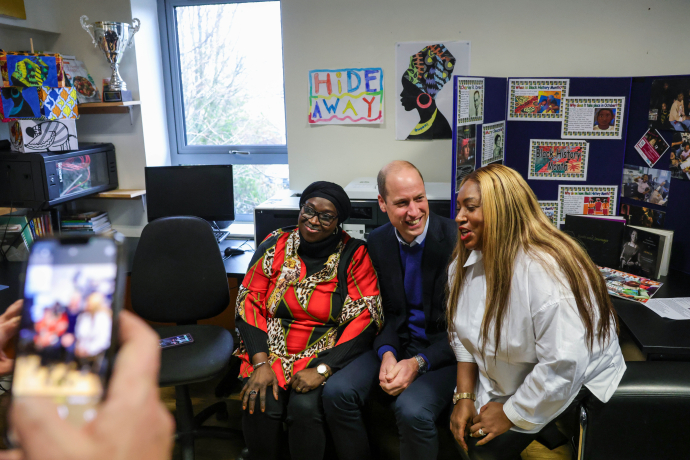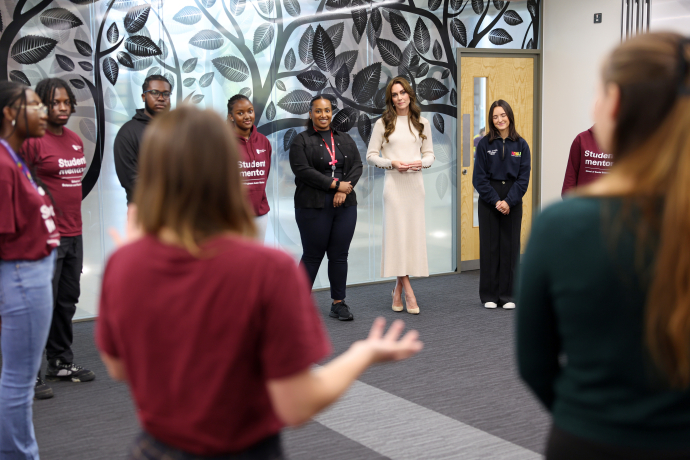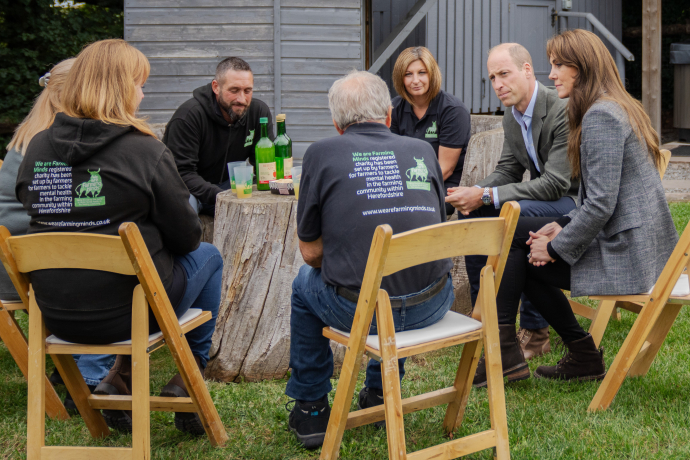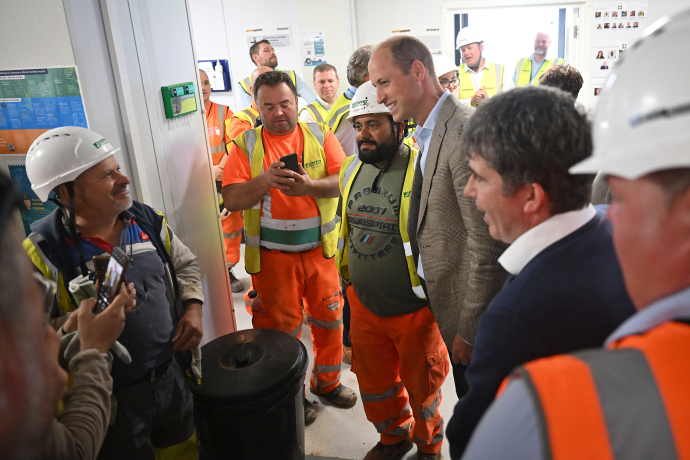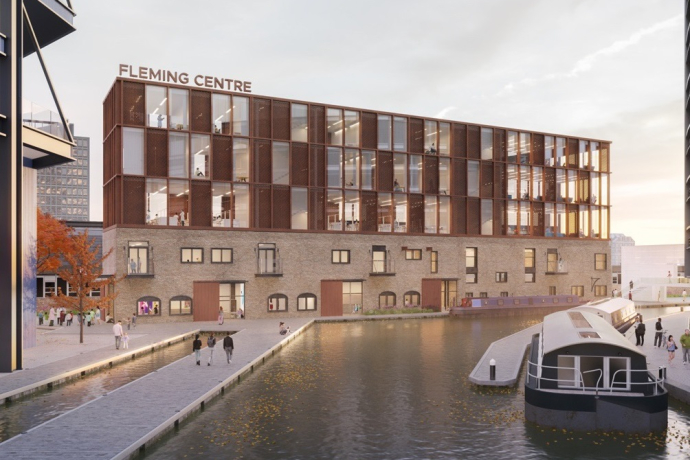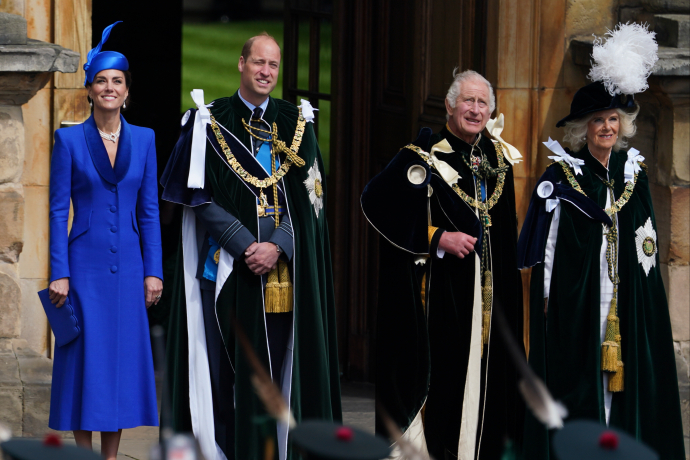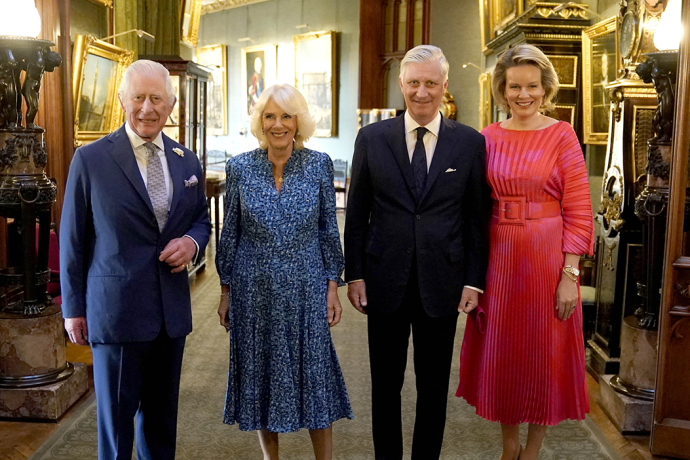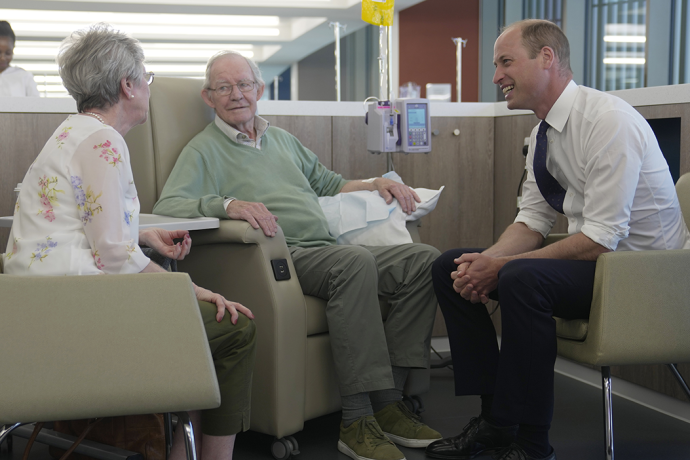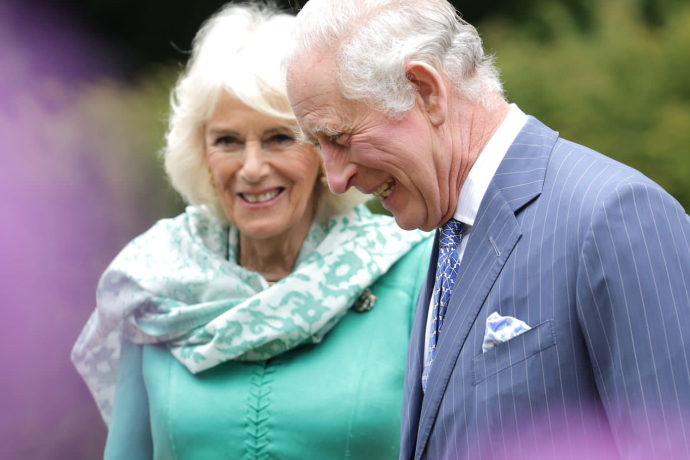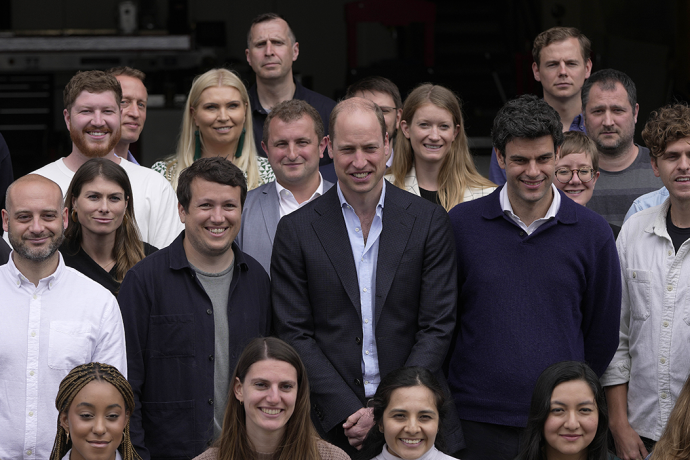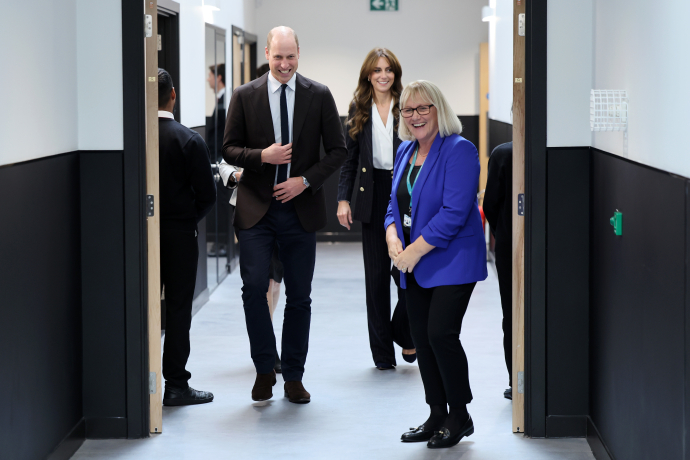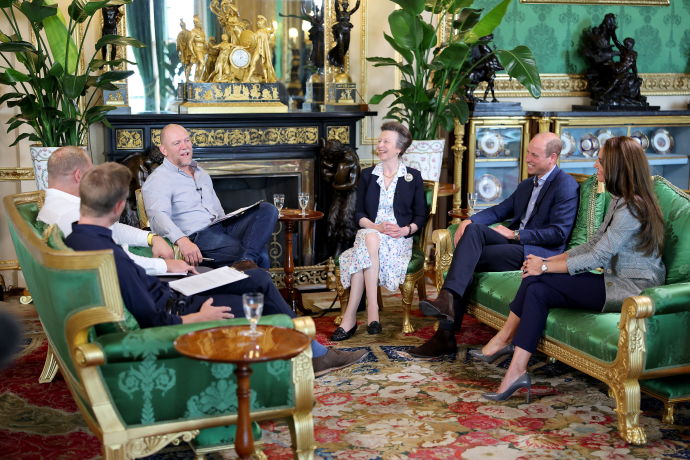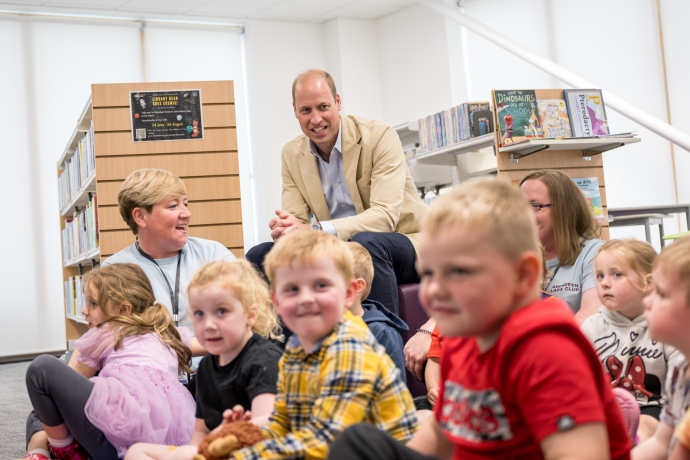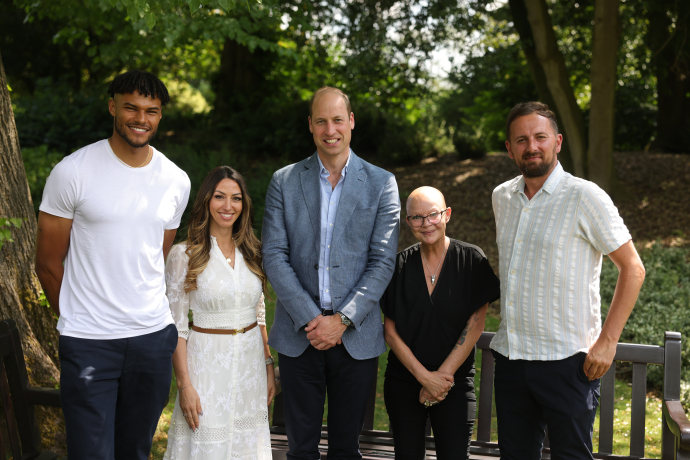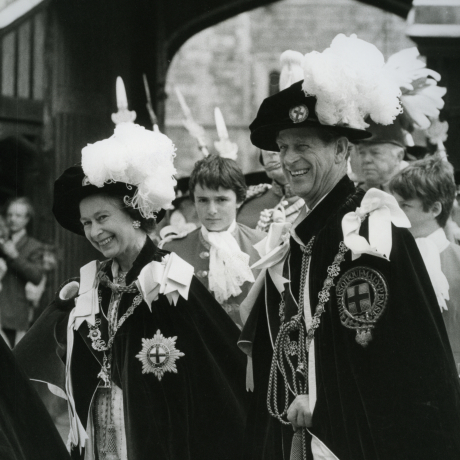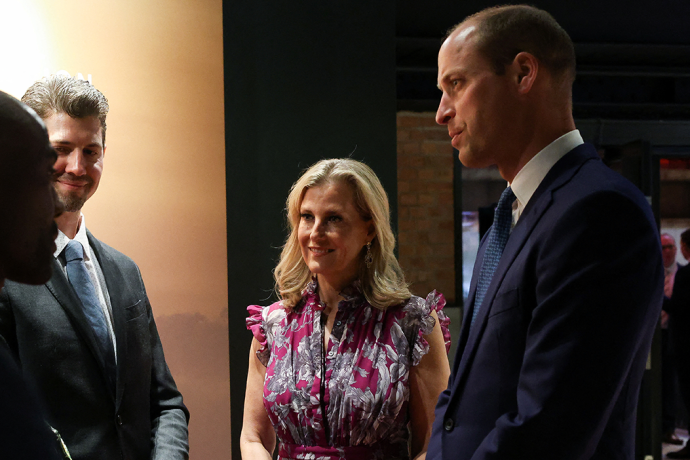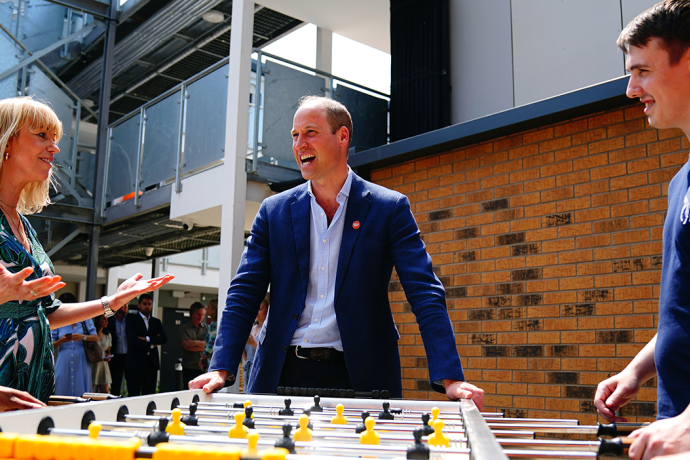The Duke of Cambridge's speech at the launch of the 'Mental Health at Work' initiative
Published
The positive impact of a mentally healthy workplace will last longer than any shift
It feels as if the tide is turning. When industry leaders like you, Antonio, can stand up and be so open and honest, it truly shows progress, and it paves the way for others.
When people are prepared to show what they are dealing with, it's actually a sign of immense strength and courage. So thank you for everything you’ve done on this topic.
As we've all heard today, if we are going to improve the mental health of our nation, we need to improve things at work.
People spend more time there than almost anywhere else, yet research shows that it's also the place where we're leastcomfortable talking about mental health.
Hundreds of thousands of people lose their jobs each year because of poor mental health; companies lose great staff; productivity is hit; and too many people don't achieve their potential – all this because the mental wellbeing of Britain's workforce is not supported well enough.
We can all do better.
The thing with mental health is, we often only talk about it when the situation becomes serious; when people are pushed to the brink; or tragically pushed too far. Yet the reality is - we all have mental health.
I doubt there's anyone who could say they've gone through life without moments of profound sadness, or gone without a day of feeling completely anxious or on edge. And many of us will know a friend or a family member who has required medical support to deal with a mental health condition.
So why do we keep it so quiet?
When I was working as a Search and Rescue pilot in the RAF and then as an Air Ambulance pilot, I was fortunate enough to work for organisations that really valued the mental health of their staff. We were working in unique and high pressured circumstances, but at the end of the day, it didn't matter if it was an issue from work or home, all the crew were encouraged to be open and to talk.
When our Heads Together research showed that just 2 per cent of people would feel comfortable talking to their HR about mental health I was stunned. It probably meant that people in many companies were suffering in silence, and didn't feel able to talk. And that's exactly how it turned out to be.
The Mind research you've heard about today has shown that a quarter of the British people are at work silently trying to cope with a mental health problem on their own.
To change this, we need to tackle two big problems. We need to stop people feeling as if they have to hide, and we need to make sure anyone with any responsibility for others at work knows what to do.
I met Kirk earlier – you may have seen the film he's done about his story – he's exactly the sort of person we should be looking up to.
He's not only taken care of his family, he’s also recognised his own challenges and was able to get help, and is now helping everyone around him.
It just takes one person to change the way a company thinks about mental health.
Sadly, we know that too many businesses simply don't know where to turn. They want to help, but sometimes they don't know how.
If someone on shift reaches out to their team leader for help, we need them to be able to answer.
And that is what today is all about.
I'm delighted that The Royal Foundation has supported Mind in creating such a valuable tool.
If you are a business owner, a team leader, a line manager, you work in HR, or just believe in supporting the wellbeing of your colleagues – Mental Health at Work can help.
Mind were with us right at the beginning of Heads Together, and I can't thank them enough for all the work they do to support people in all walks of life.
My ambition is that this gateway can be the start of a big shift in working culture. It can genuinely help businesses ensure mental wellbeing is part of everyday working life.
And because the places we work are so pivotal in our lives, they can also be the drivers of even bigger change. The positive impact of a mentally healthy workplace will last longer than any shift.
If every workplace in Britain embodies a positive approach to supporting mental health… communities, families, everyone in society can benefit.
In recent years, attitudes have changed in lots of places. The best football clubs in the world, for example, all employ sports psychologists. They know that if they're going to get the best from their team, they need their players to be as mentally fit and agile as they are physically.
Gareth Southgate knew that England's team psychologist Pippa Grange could hold the key to transforming our world cup squad. They were a better team with her on board.
And businesses can be the same. Being mentally fit can unlock potential.
So, it doesn't matter what business you’re employed in – by taking mental health seriously, you can build a better team. You can be a better boss, and you can be a better colleague.
And my hope is that this project can help you do it.
Thank you.
Related content
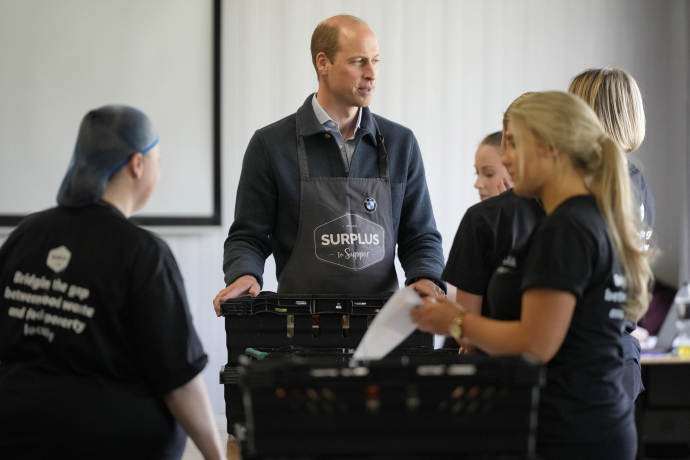
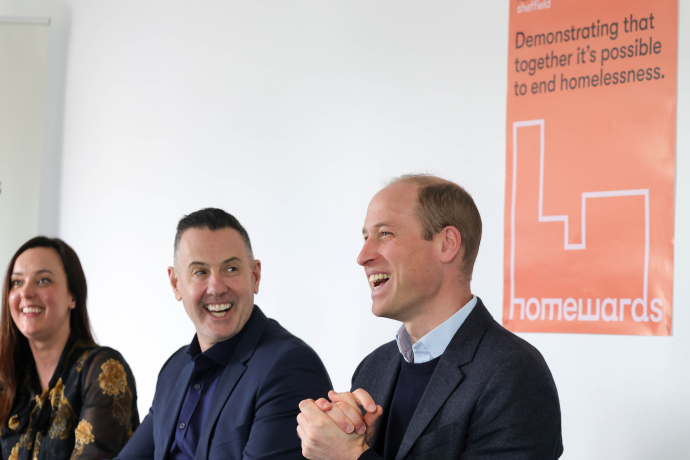

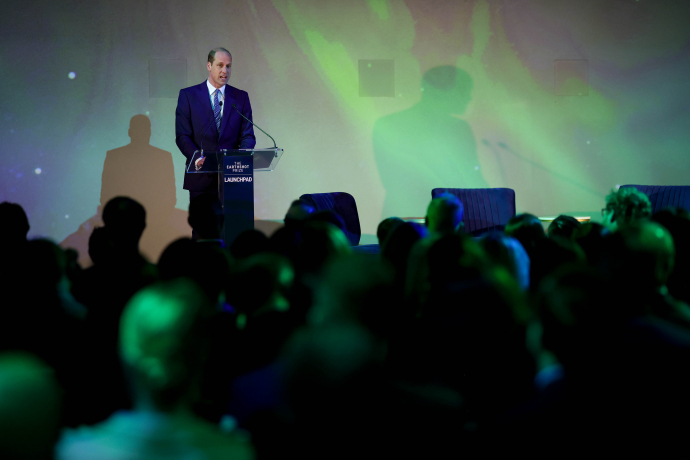



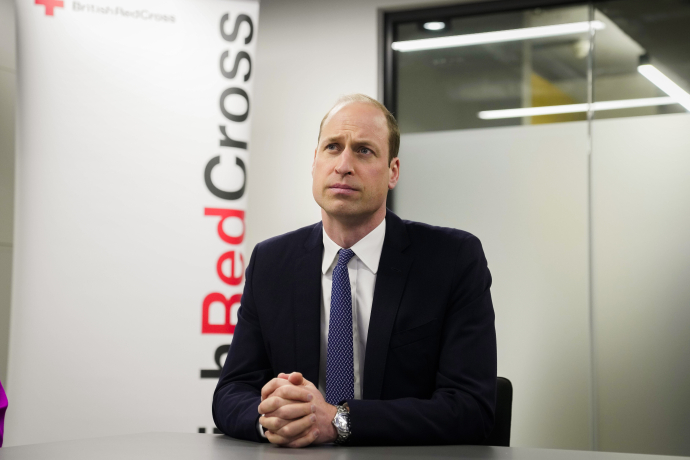



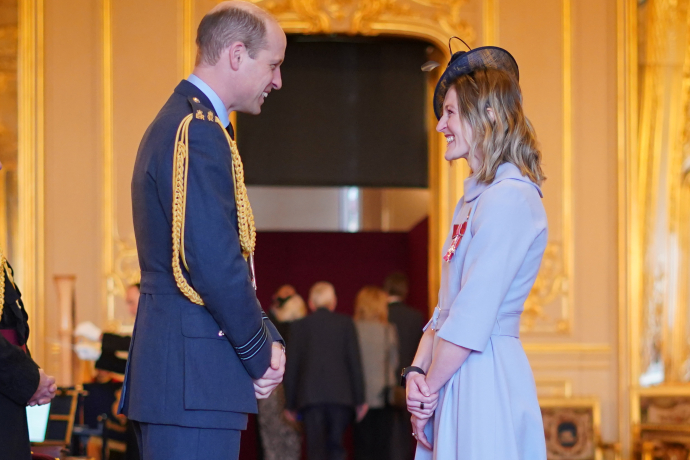
The Prince of Wales visits Manchester, launching latest Community Impact Project
16 November 2023